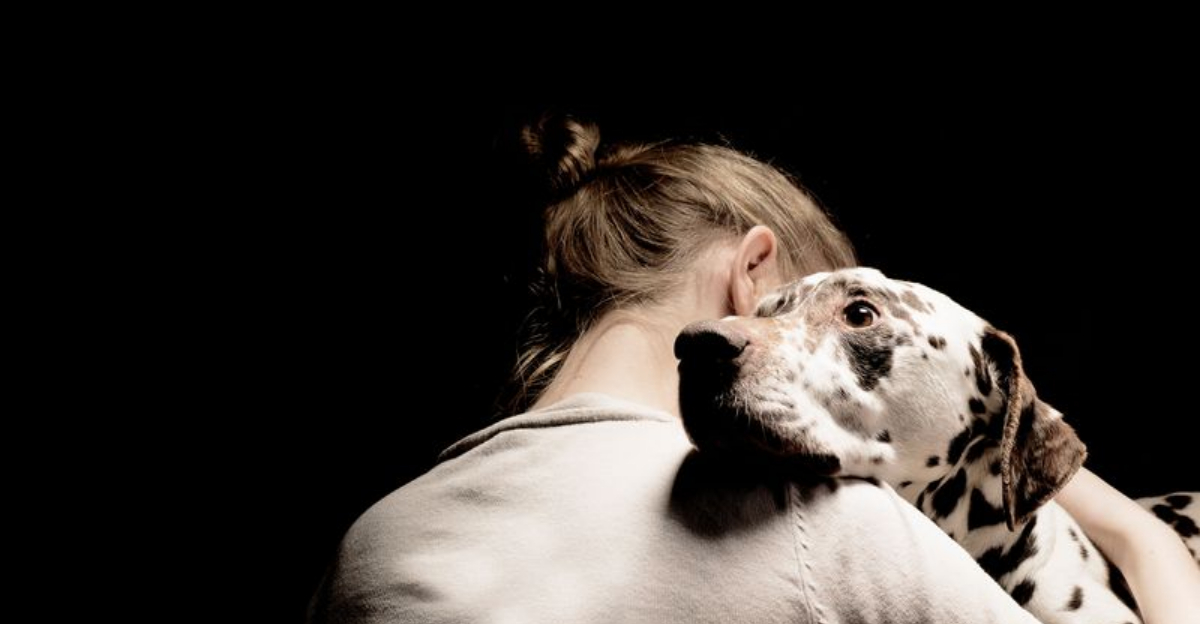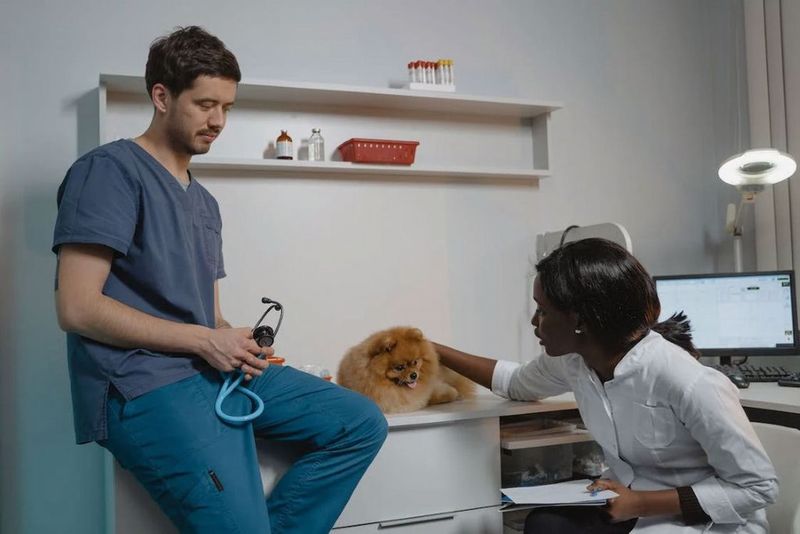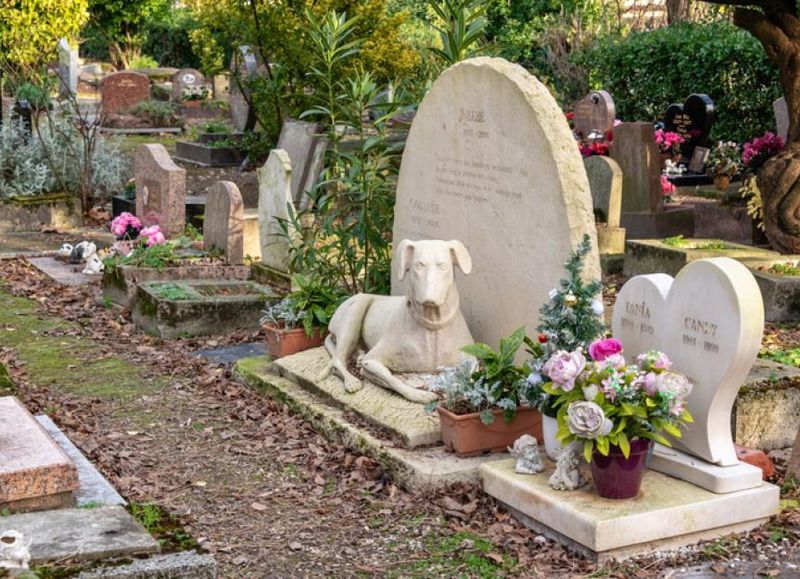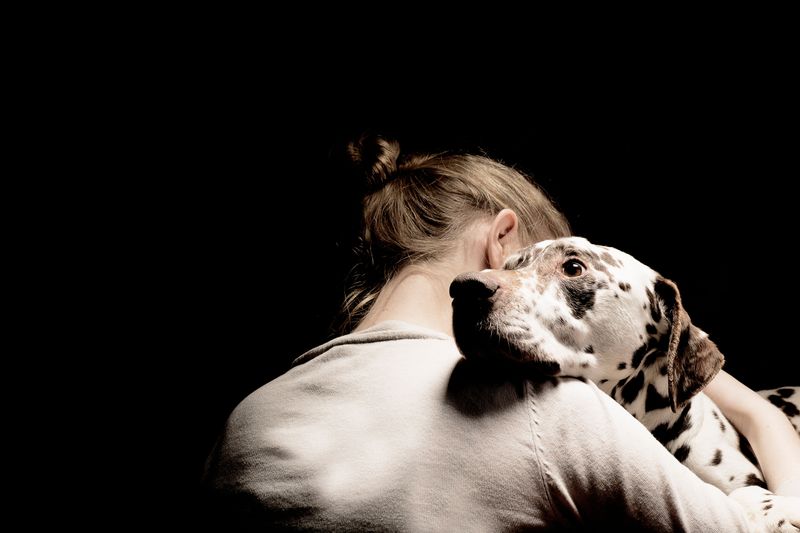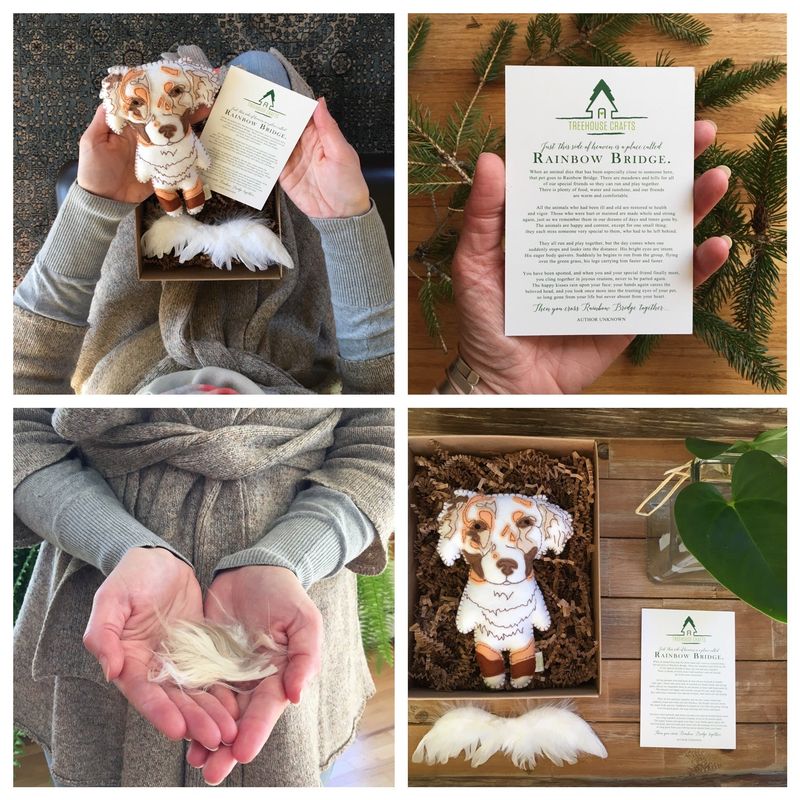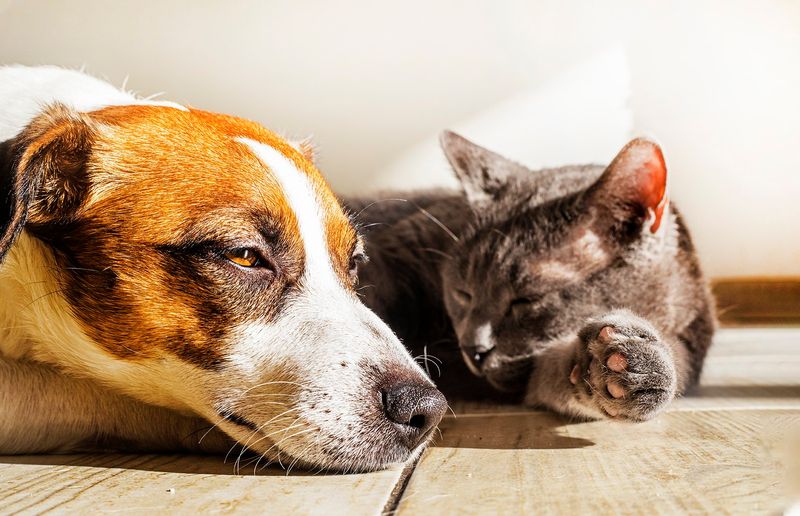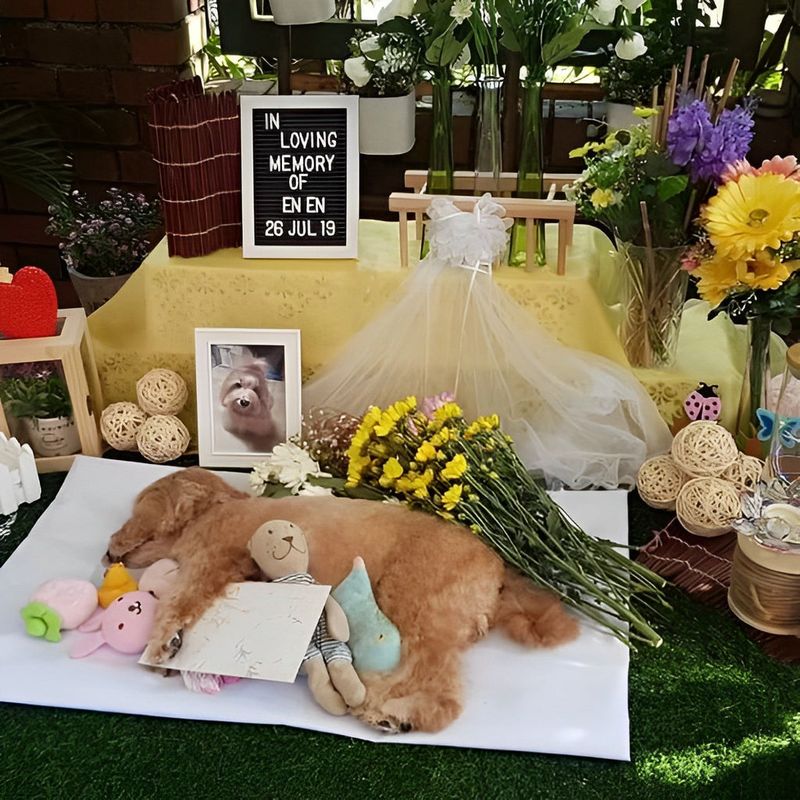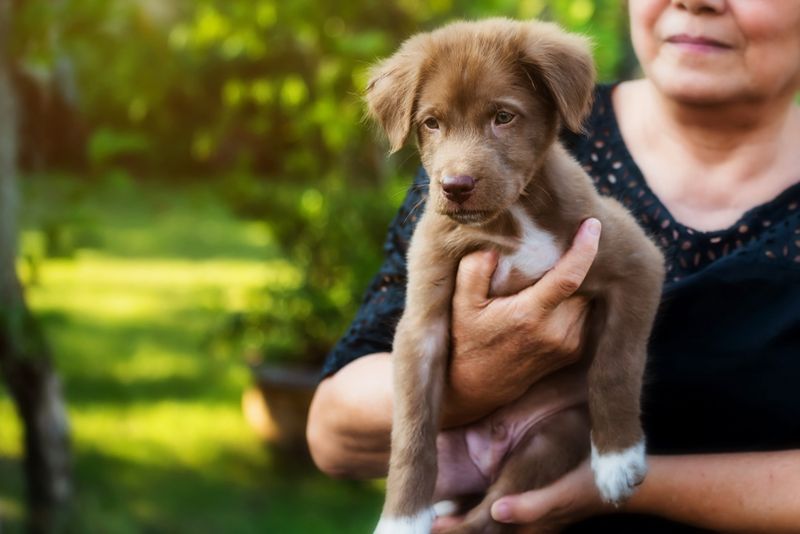Losing a beloved pet is an emotional and challenging experience. When a dog passes away at home, it can be overwhelming to know what steps to take next. This guide provides vital information to help you navigate this difficult time with compassion and clarity. From handling the immediate aftermath to honoring your pet’s memory, these 13 essential points will guide you through the process. Understanding how to handle your pet’s remains and manage your emotional well-being can make a world of difference. Whether you’re facing this situation now or preparing for the future, these insights offer support and guidance.
Preparing the Body
Before dealing with logistical concerns, it’s important to gently prepare your pet’s body. This can be a tender moment of farewell. Wrap your dog in a favorite blanket and place them in a comfortable position.
Ensure the area is calm and quiet. This will help you say your goodbyes in peace. It’s a personal moment that honors the life of your beloved pet.
Handle them with care, reflecting on the love and joy they brought into your life. Taking this step gently can aid in your emotional adjustment.
Contact a Veterinarian
Contacting a veterinarian is a crucial next step. They can guide you on what to do with your pet’s remains. Veterinarians can also provide information about cremation or burial services.
If you’re unsure about what to do, they can offer practical advice tailored to your situation. Their professional guidance can help ease your decision-making process.
Ensure to choose a vet who understands the emotional ties between you and your pet. A compassionate approach from the veterinarian can provide peace during this difficult time.
Understanding Legal Requirements
Each locality has specific regulations regarding pet disposal. Understanding these legal requirements ensures compliance with local laws. Research or contact local authorities to find out what procedures must be followed.
This includes knowing if you’re allowed to bury your pet at home or if specific permits are needed. Ensuring legal compliance provides peace of mind and respects community standards.
Clarifying these legal obligations early can prevent potential issues. It’s important to handle this aspect with due diligence and care.
Immediate Emotional Support
When your dog dies at home, the shock can be overwhelming. Reach out to friends or family for immediate emotional support. This connection can offer comfort in a very vulnerable time. Sharing your feelings helps to lighten the burden and provides a sense of relief.
Make sure to express your emotions openly. Crying or talking about your pet can be a healing process. It’s essential to surround yourself with understanding people who respect your grief. Remembering joyful moments with your pet can also offer solace.
Seek out those who have gone through similar experiences for genuine empathy.
Deciding on Cremation or Burial
Choosing between cremation and burial is a personal decision. Consider how you wish to honor your pet’s memory. Cremation offers flexibility, allowing you to keep your pet’s ashes or scatter them in a meaningful place.
Burial can be a comforting option, offering a physical place to visit. Consider the emotional and practical aspects when making your decision.
Both options have unique benefits. Reflect on what feels right for you and your family. Ensuring the choice aligns with your beliefs and feelings helps in finding peace.
Memorializing Your Pet
Creating a memorial for your pet can be a healing process. It provides a space to cherish memories and celebrate their life. Consider setting up a small area in your home dedicated to your pet.
Include photos, favorite toys, or a special keepsake. Lighting a candle can signify your ongoing love and remembrance.
Personalizing this space allows for reflection and comfort. It serves as a gentle reminder of the joy your pet brought into your life. This memorial can be a lasting tribute to a beloved friend.
Talking to Children
Explaining a pet’s death to children can be challenging. Use simple, honest language to help them understand. Encourage questions and provide reassuring answers.
Children may express their grief differently, needing patience and support. Share memories and encourage them to talk about their feelings openly.
Involvement in memorial activities can be therapeutic for them. Creating a drawing or writing a letter to the pet can help them process their emotions. Support them with love and understanding during this time.
Handling the Grief
Grieving the loss of a pet is a deeply personal journey. Allow yourself time to mourn. Writing about your feelings in a journal can be a cathartic experience.
Engage in activities that bring comfort, such as walking or listening to music. Honor your emotions and let yourself heal at your own pace.
Consider joining a support group for pet owners. Sharing your experience with others who understand can provide solace. It’s important to acknowledge your grief and give yourself grace.
Dealing with Other Pets
Surviving pets may also experience grief or confusion. Maintain their routine to provide a sense of normalcy. Spend extra time with them, offering affection and reassurance.
Observe their behavior for any changes. Some pets may become withdrawn, while others seek more attention.
Ensuring their well-being during this time is crucial. Engaging them in activities can help divert their attention. Gradually, they will adjust to the change. Your care and presence can make a significant difference in their adjustment process.
Consulting a Pet Bereavement Counselor
Professional support from a pet bereavement counselor can be invaluable. They offer specialized guidance tailored to the unique experience of losing a pet.
Counselors can help you process complex emotions and develop coping strategies. This support can be essential if you’re struggling to move forward.
Their understanding of pet loss dynamics provides a safe space for you to express grief. Reaching out for help is a strength, not a weakness. Consider this option if you need someone to talk to who truly understands the bond between pets and owners.
Planning a Farewell Ceremony
A farewell ceremony can offer closure and a sense of peace. Invite close family and friends to celebrate your pet’s life. Share stories, poems, or even play music that reminds you of them.
Hold the ceremony in a place where your pet loved to be, like a garden or the beach. This setting can evoke special memories and provide comfort.
Include symbolic gestures such as releasing balloons or planting a tree. Such acts symbolize the continuity of life and love. This gathering can be a poignant tribute to your beloved companion.
Reflecting on the Good Times
Reflecting on the happy moments shared with your pet can be incredibly healing. Create a photo album filled with joyful memories. This visual journey reminds you of the love and fun times.
Writing down favorite anecdotes or funny incidents can also bring a smile. These memories are a testament to the bond you shared.
Celebrate their life and the happiness they brought. Focusing on these positive moments helps in the healing process. It’s a beautiful way to honor your pet’s legacy and the joy they added to your life.
Considering a New Pet
Considering a new pet can be a step towards healing. It’s important to assess your readiness before making this decision. Reflect on whether you have processed your grief and feel open to a new companion.
A new pet can bring fresh joy and create new memories. However, ensure you’re emotionally prepared to provide love and care.
Visit a pet adoption center to explore the possibilities. This step should never feel rushed, but rather a natural progression. A new pet can never replace the lost one, but they can fill your home with warmth and happiness again.
